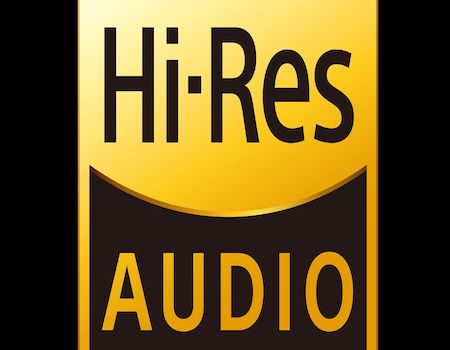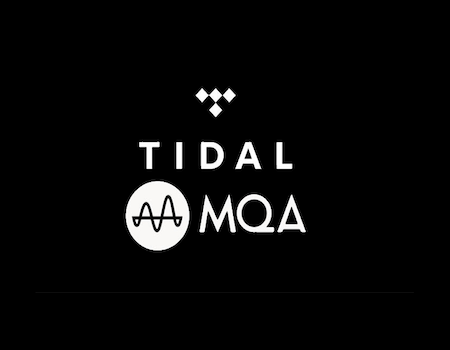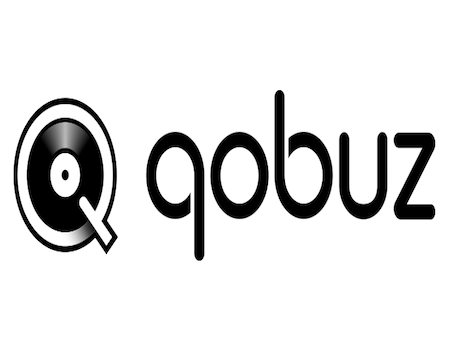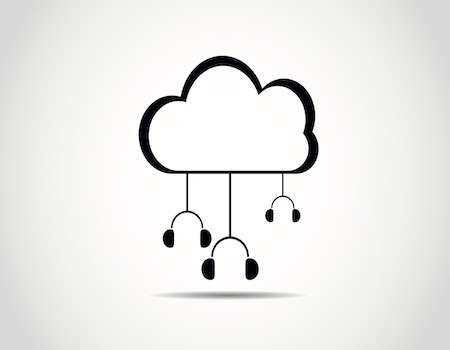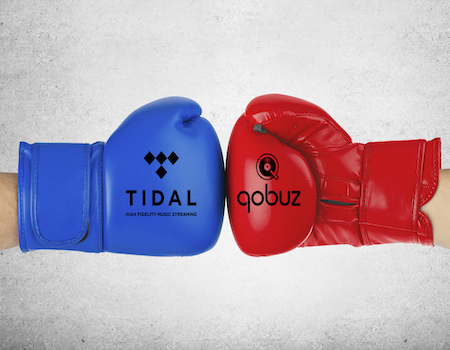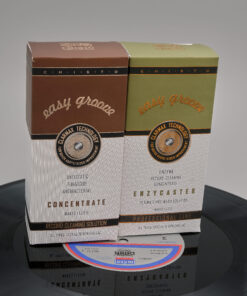World News
Trying To Decide on a Streaming Service
I suppose, technically, streaming might be traced back as far as 1999 when the service Napster first arrived as a peer-to-peer service. History recalls Napster almost immediately being consumed in legal troubles over copyright infringement. Shortly after their inception, they were forced to suspend their services and were ultimately acquired by Rhapsody – although the service is now called Napster. Streaming hardly stopped there, however.
It might be at least partially true that young kids with earbuds helped make streaming what it is today. With services like Pandora and Spotify, services who grew exponentially at the hands of mostly younger-ish, non-audiophile listeners, streaming became firmly entrenched as a means to listen to a song.
Audiophiles, however, in the early days remained circumspect. We still used physical media. Then came Tidal.
Now, suddenly, we had a way to stream a CD quality song from the Internet. We marveled at the availability of, what, an entire world of music right at our fingertips. Perhaps best of all, we could enjoy all this music each month for the cost of a standard CD purchased at a music store. As Tidal gained popularity, audiophiles signed on in droves. Suffice it to say today, streaming is the predominate method audiophiles employ for digital music.
Tidal, for a while anyway, was about the only choice. While CD quality, presumably at a bitrate of 1411 kbps and the familiar 44.1 / 16, was initially offered, Tidal soon enough teamed up with the highly controversial format called MQA.
Not long after Tidal and MQA partnered, the audiophile world suddenly heard about a new game, one from France called Qobuz. For US based audiophiles, we heard how marvelous this new European service was and our big question was simple – when would it find its way to the US?
From day one, the very instant Qobuz hit US shores, it made an impact in the choices audiophiles made for streaming services. And here is where it gets really fun, Qobuz has actual high-resolution music, all the way up to 192 / 24 or 9216 kbps. And Tidal? Remember MQA? Audiophiles suddenly had two platforms about which they could disagree.
For my purposes, I signed on to Tidal at some point before the availability of Qobuz in the US. Here’s the rub, however – I am not especially a fan of streaming. I prefer a physical CD copied to my server. Why? Simple. On my system it sounds better than streaming. Noticeably better. Dramatically better. And to a point, I like owning my music. For whatever that’s worth these days.
I was very content to continue to buy CDs, copy and enjoy them. I used Tidal for really one purpose, discovering new music I could then purchase. Peripherally, I could also play a song I did not have in my library if a visitor was in the audio room and made a specific request.
I started thinking about streaming recently because of something I usually don’t even notice – the cost of Tidal. I have seen the monthly $19.99 charge to my account for who knows how long. It is just something to which I typically pay very little attention. When the July charge showed up in my financial information, I became curious about what the other services offered and their associated fees. I decided to start looking at alternatives.
While I realize Amazon and now even Spotify offer higher than 320 kbps bitrates (Amazon even offers HD), I never really considered using either of them, or the other similar services. There’s also compatibility with my equipment issues. For my purposes, the decision was singular – Tidal or Qobuz?
For most listeners who plan to use streaming as their predominate way to play a song, having a variety of packages makes sense. Want to download music? Qobuz fully supports downloads. Tidal does as well but my sense is they are a little less convenient in the effort.
Considering cost, Qobuz has multiple packages where Tidal has two main offerings – less than CD quality and CD Quality. As previously mentioned, Qobuz offers hi-rez up to 192 / 24 and Tidal has MQA.
I’m not one to place a huge emphasis on two music plans that have, at their lowest common denominator, a difference of about $5.00 but that’s pretty much the bottom line. A monthly basic cost for Qobuz is $14.99 per month. That can be brought down to $12.49 if you pay yearly. Tidal is steadfastly $19.99 per month for CD quality. Qobuz offers other packages at higher yearly costs with increased features. Tidal has two plans however, they do have videos for those interested in a video aspect. Personally, I’m only concerned about music.
So far, I see both services as pretty much even. Here is where we reach the fork in the road – deciding on a format.
There are those who will champion MQA. They feel it is a superior format in every way, at least as compared to standard CD quality. I’m sorry but I’m not one of those believers. I have heard music played in MQA that sounded amazing. I’ve heard MQA sound okay, nothing to get really excited about. I’ve heard MQA sound positively dreadful.
I can also say the exact same thing about CD quality and high-resolution quality. Face it, some recordings sound better than others regardless of the format. I said the exact same thing in the 1970’s when I first started buying albums. My guess is recording quality will always be variable.
Because, however, I have always been leery of MQA, I decided full-fledged, if there is such a thing, high resolution recordings are a better mousetrap. So, the scales tip towards Qobuz. However, my DAC is not MQA capable so I’m not getting “Master Quality Authenticated” anyway. Theoretically, at best I’ll get 192 / 24 from Tidal but my guess is most often it will be at 96 / 24. Either way, still better than Red Book CD.
As it stands, I am still riding the fence. I have subscribed to Qobuz and like Tidal, more or less struggle with making the app work seamlessly. Chalk that up to inexperience. It is also fair to say that manifestly, this has only succeeded in me spending an extra $15.00 per month with a not as yet declarative outcome. Here again, that is not a concern to me.
What is a concern is sonic quality. While I find Tidal and Qobuz to be mostly equal in that regard (my opinion varies), here again, neither of them measures up to a CD copied to my server. Basically, I am right back where I started, just fifteen bucks a month poorer.
-
Product on sale
 Audiophile Vinyl Records Cleaning Bundle€60.00 excl. VAT
Audiophile Vinyl Records Cleaning Bundle€60.00 excl. VAT -
Product on sale
 Easy Start Vinyl Records Cleaning Kit€60.00 excl. VAT
Easy Start Vinyl Records Cleaning Kit€60.00 excl. VAT -
 Vinyl Records Cleaner Easy Groove Concentrate€35.00 excl. VAT
Vinyl Records Cleaner Easy Groove Concentrate€35.00 excl. VAT -
 Easy Groove Super Set€199.00 excl. VAT
Easy Groove Super Set€199.00 excl. VAT -
 Easy Groove Enzycaster – vinyl records prewash cleaner€35.00 excl. VAT
Easy Groove Enzycaster – vinyl records prewash cleaner€35.00 excl. VAT -
 Easy Groove Spray&Wipe vinyl records cleaner€35.00 excl. VAT
Easy Groove Spray&Wipe vinyl records cleaner€35.00 excl. VAT


